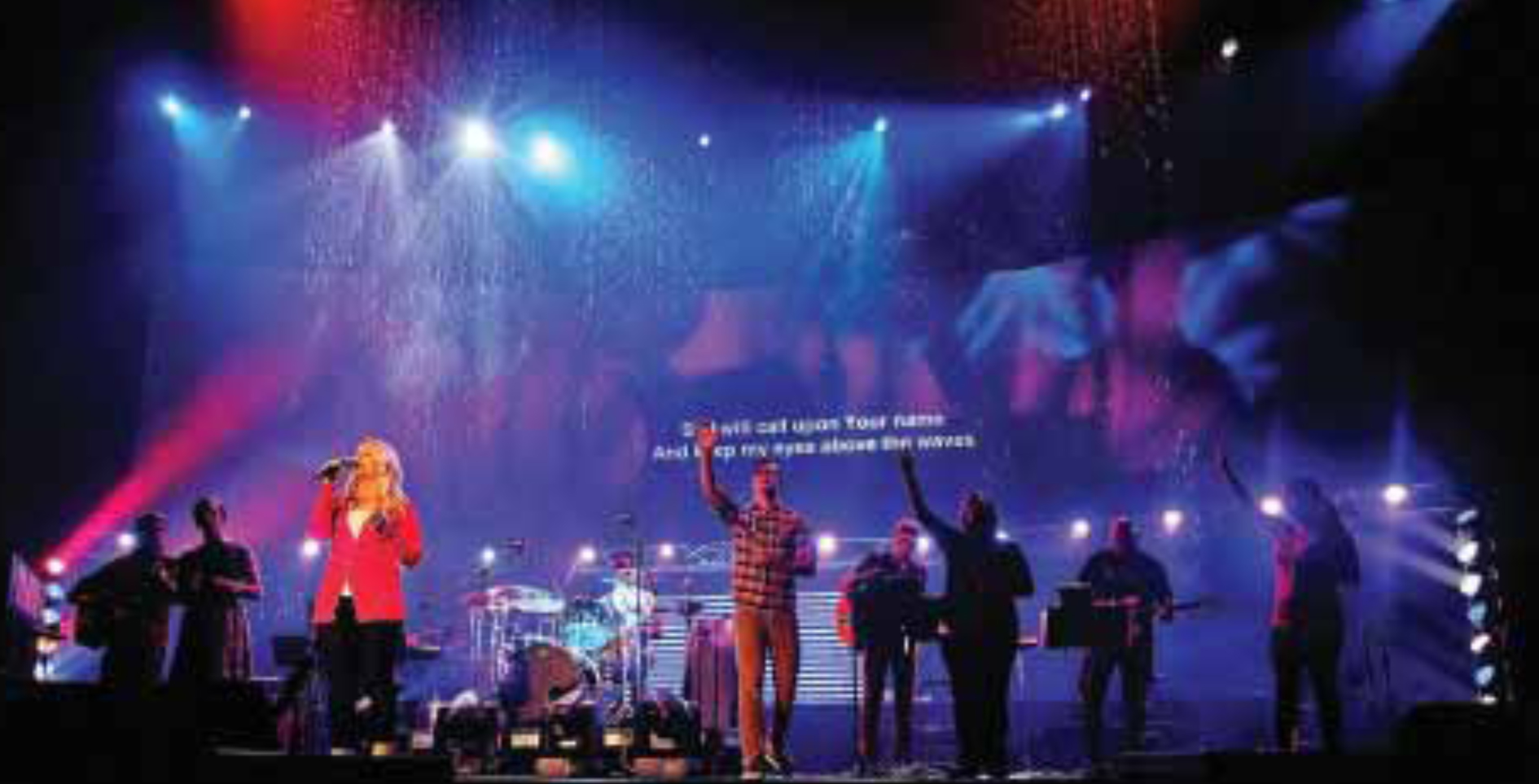Reasons to Upgrade Your Console
by Bryan Cole
 When is it time to upgrade your console? For many HoW, that’s the million dollar question. There are some common reasons for upgrading; however, there are questions that need to be asked for each reason before you commit to a new console.
When is it time to upgrade your console? For many HoW, that’s the million dollar question. There are some common reasons for upgrading; however, there are questions that need to be asked for each reason before you commit to a new console.
Your Console is Dying This is most likely the easiest of all of the questions – if your console has become unreliable, has inoperative channels, or is otherwise not dependable, then it is likely time to replace it. If your console is more than a few years old, unless it was a higher end/expensive console when new, the cost of repair may not make sense, given the rate at which new consoles are offering more and more features every day for less and less cost per feature. If your budgets are strained, and you know a new console would put an even greater strain on your churches finances, be forthright with your leadership about whether a console could be repaired for less cost. As hard as it is to think this way in the face of shiny new technology, unless you are responsible for your church’s finances, you need to give all facts to those that are responsible so that they can make informed decisions. Keep in mind that “old” in and of itself is probably not a good reason. If the end result of your mixes do not sound good to you and others, the console may not be the magic bullet fix – you may have something else in the signal chain (including possibly your mix engineer) affecting your sonic result. Make sure you evaluate all variables before concluding that the console is the culprit. If you have an older, capable console that is in good working condition, you may not be in the “need” category at all – most well respected brand name consoles made in the last 5 years, when used properly, are incredibly good sounding compared to years past. It would take a well orchestrated A/B comparison to find significant sonic difference between most consoles being operated by most volunteer sound engineers – and most listeners would be hard pressed to hear any difference.
You’ve Outgrown Your Console Your church may have started out a few years back with a small acoustic worship ensemble, and grown in recent times to a full worship team with band, mic’d drum kit, and in ear monitors. The console you have now may be perfectly functional, but not up to the current needs as set fourth by your church’s vision. A larger band usually means more input channels, and in ear monitors will require more auxiliary outputs and a dedicated monitoring system with personal mix control. As you consider moving forward, be sure to know your church and your worship leader’s long term vision, so that you can plan appropriately. Most console purchases are fi ve to seven year decisions, so pay close attention to what is and is not expandable when you consider new consoles. You may also have interim plans to consider, such as a new worship facility. Do your best to consider alternate uses for a new interim console if you don’t have budget to size the console to the long term vision.
Convenience Believe it or not, I feel that when evaluated properly, this can be a very valid reason. Do you have a facility that is used by multiple teams, or even multiple organizations? If so – and especially if you currently have an analog console without the ability to store and recall scenes/snapshots between practice days and live worship events – this can cause excessive rework and time. Most of this time usage occurs during crunch time prior to Sunday morning worship, and can cause both worship teams and tech teams to have to use this valuable time just setting up, rather than perfecting their craft and preparing their hearts to lead worship, not to mention burning valuable volunteer time. If this condition exists, and there is budget available, an upgrade would serve to move your organization forward. If your church is budget strapped, consider working with the various users of the facility to see if some other means of streamlining processes can be employed until budgets are freed to solve the issue with technology.
System Capability If your console is placing a hard cap on your ability to keep up with your worship leader’s vision, a newer console may be worth considering. Let’s say that your worship team is making more and more use of in ear monitoring in support of live playback tracks, but you don’t have personal monitor control in place for the musicians. In some cases, installing a method for personal monitor mixing can remove almost all of a worship team’s pre-service stress, and give you back 30-45 minutes of warm-up time. In the past, personal monitor mixing systems were only available as stand-alone systems that interfaced externally with consoles. While there are still many great stand-alone options available from several manufacturers, many consoles now have some (if not all) of the capability built directly into them, and even make use of virtual control surfaces like iPads. Depending on your other needs, sometimes the cost of the new console with this internal capability can be the same, or even less than a third party monitor mix system. Consider your options carefully, as there are good reasons for both types of system. Also consider your current console carefully – is there untapped expansion capability built into it? If it is more than a few years old, the upgrade hardware might even be available on eBay.




